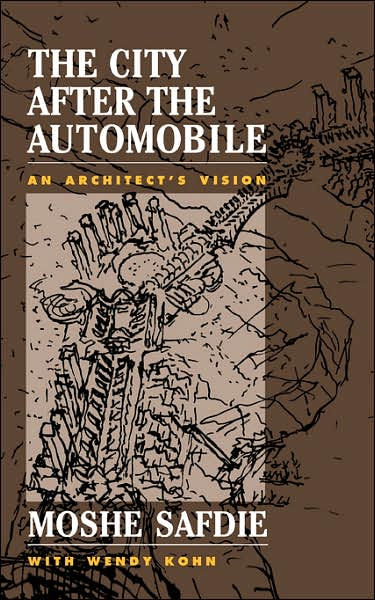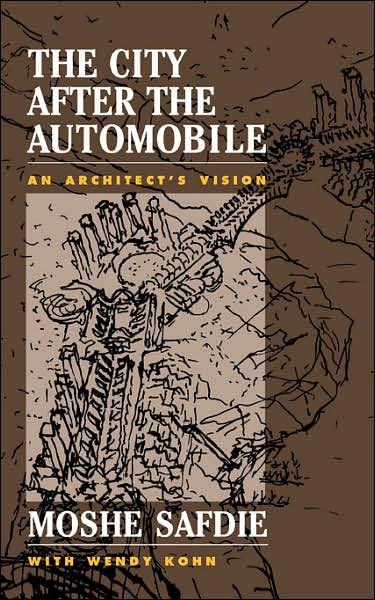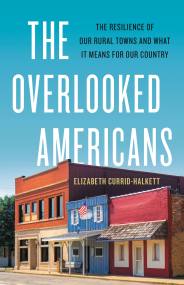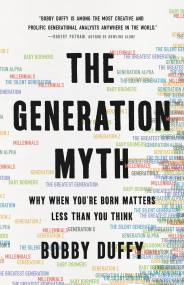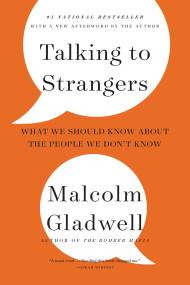The City After The Automobile
An Architect's Vision
Contributors
By Moshe Safdie
With Wendy Kohn
Edited by Basic Books
Also available from:
- On Sale
- Oct 9, 1998
- Page Count
- 200 pages
- Publisher
- Avalon Publishing
- ISBN-13
- 9780813335452
In an age of virtual offices, urban flight, and planned gated communities, are cities becoming obsolete? In this passionate manifesto, Moshe Safdie argues that as crucibles for creative, social, and political interaction, vital cities are an organic and necessary part of human civilization. If we are to rescue them from dispersal and decay, we must first revise our definition of what constitutes a city.Unlike many who believe that we must choose between cities and suburbs, between mass transit and highways, between monolithic highrises and panoramic vistas, Safdie envisions a way to have it all. Effortless mobility throughout a region of diverse centers, residential communities, and natural open spaces is the key to restoring the rich public life that cities once provided while honoring our profound desire for privacy, flexibility, and freedom. With innovations such as transportation nodes, elevated moving sidewalks, public utility cars, and buildings designed to maximize daylight, views, and personal interaction, Safdie’s proposal challenges us all to create a more satisfying and humanistic environment.
Genre:
Formats and Prices
Price
$40.00Format
Format:
Trade Paperback $40.00Newsletter Signup
By clicking ‘Sign Up,’ I acknowledge that I have read and agree to Hachette Book Group’s Privacy Policy and Terms of Use
